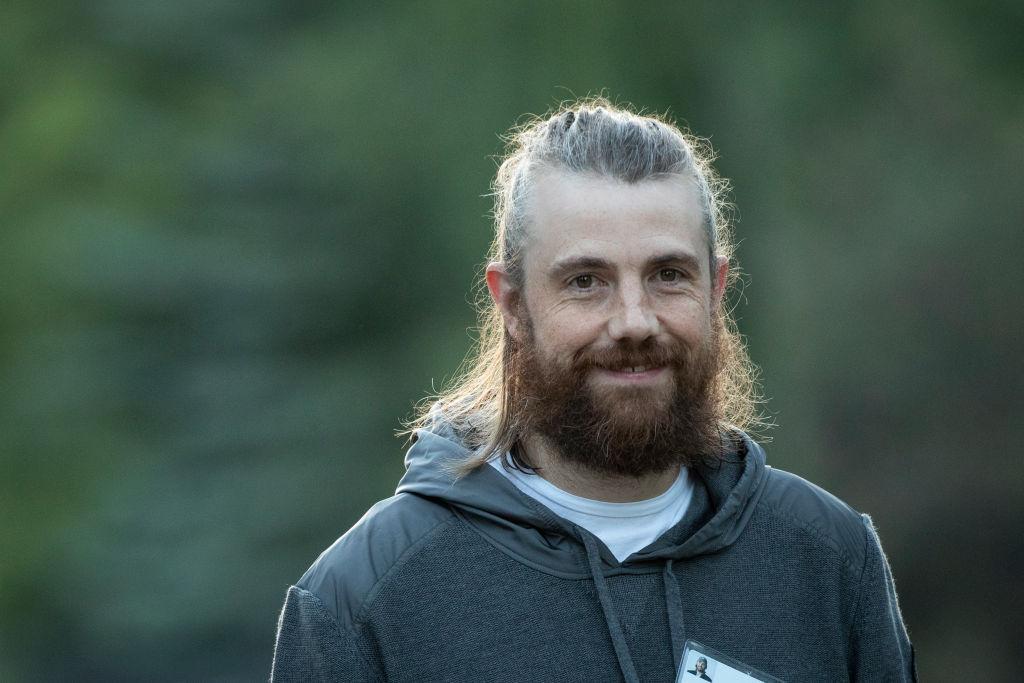Tech billionaire and climate change advocate Mike Cannon-Brookes has won shareholder approval to overhaul the board of Australian energy giant AGL Energy, in a move likely to see the accelerated shutdown of coal-fired power generators in favour of renewable energy.
On Nov. 15, AGL’s annual general meeting approved the onboarding of four new directors, Mark Twidell, former Tesla Energy director; Kerry Schott, former chair of the Energy Security Board; Christine Holman, director at Metcash; and Prof. John Pollaers.





